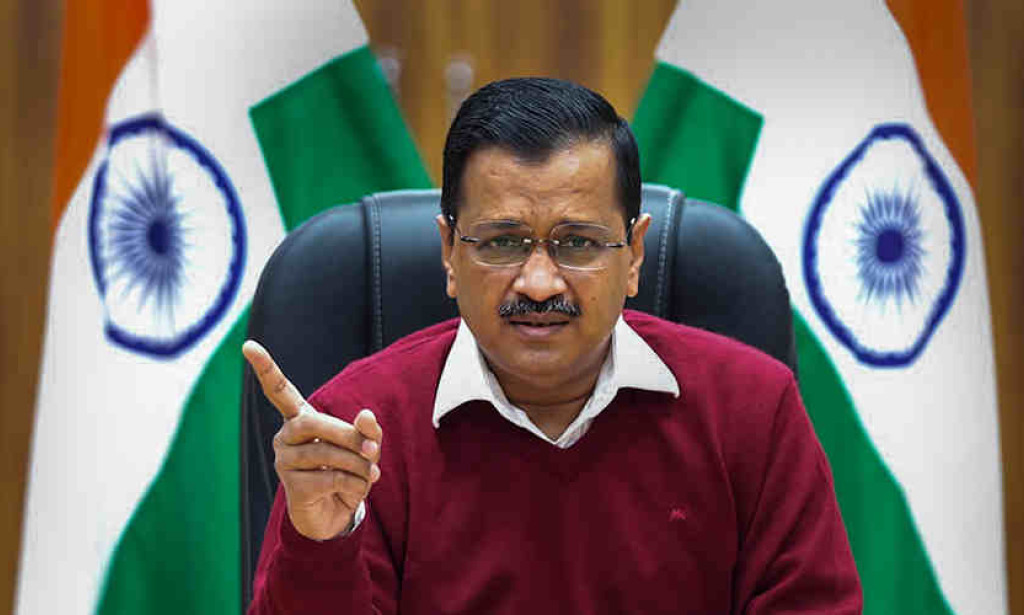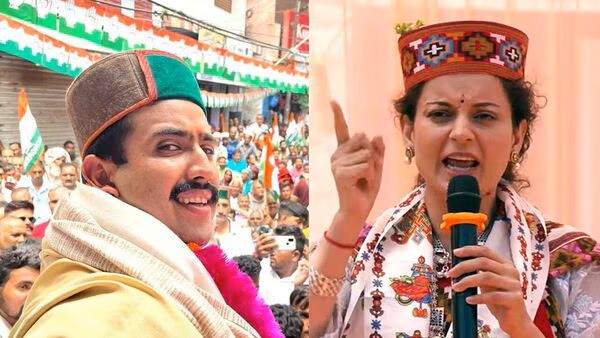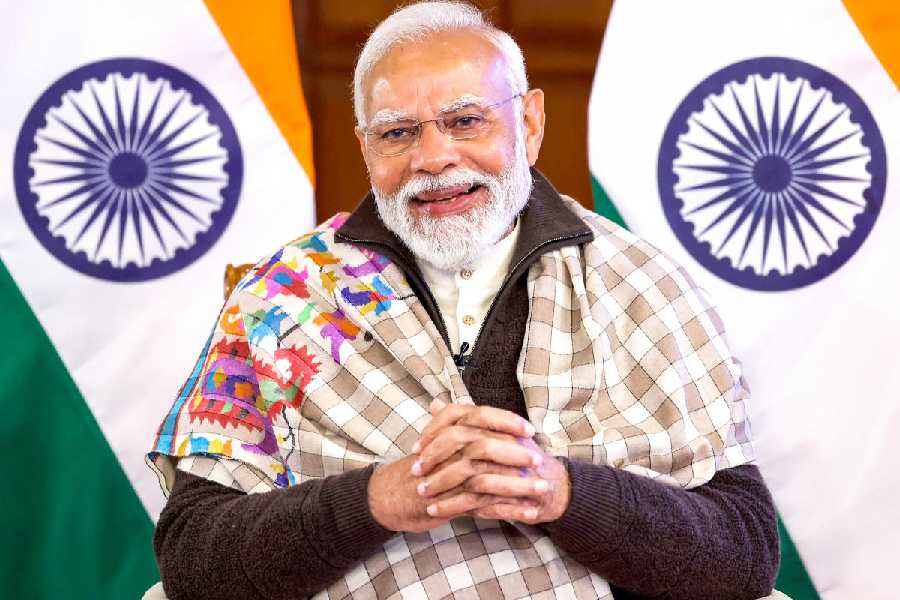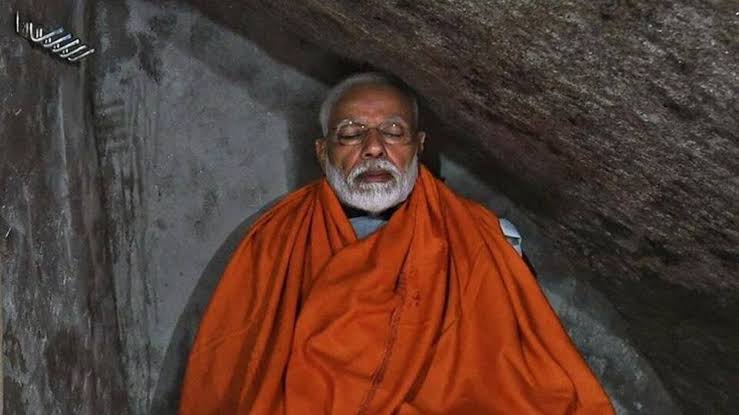A political tremor ripped through Delhi on Saturday as Chief Minister Arvind Kejriwal unleashed a sensational accusation against the Bharatiya Janata Party (BJP).
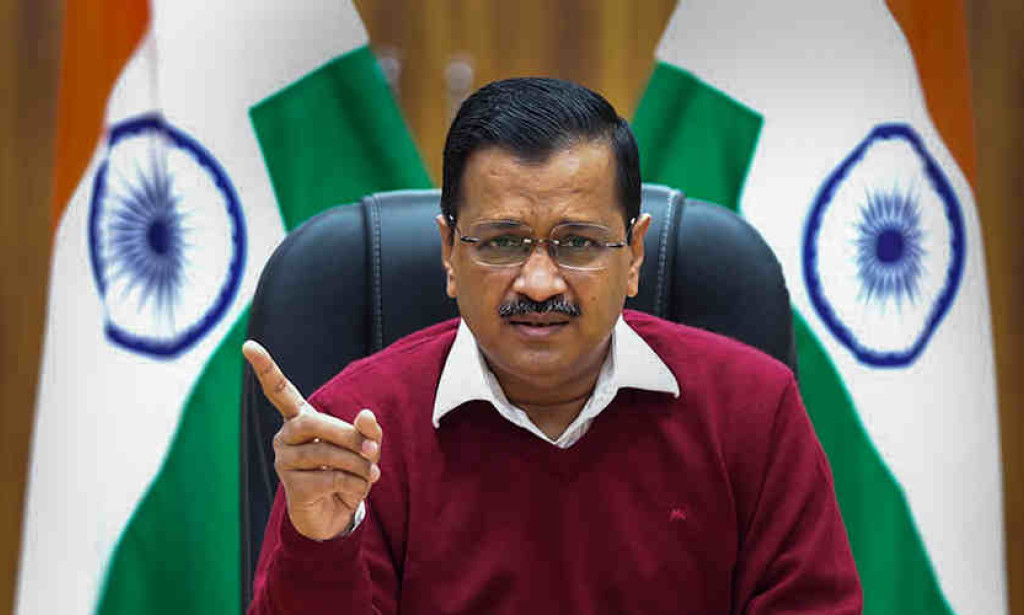 New Delhi: In a fiery address, he painted a picture of audacious political manoeuvring and potential corruption right in the heart of the capital, alleging the BJP attempted to destabilize his Aam Aadmi Party (AAP) government by offering a staggering ₹25 crore bribe to seven MLAs.
New Delhi: In a fiery address, he painted a picture of audacious political manoeuvring and potential corruption right in the heart of the capital, alleging the BJP attempted to destabilize his Aam Aadmi Party (AAP) government by offering a staggering ₹25 crore bribe to seven MLAs.
This explosive claim, if true, shatters the veneer of political civility and sends shockwaves through the nation’s political landscape. It paints the BJP as willing to wield immense wealth in a brazen attempt to topple a democratically elected government while casting a sinister shadow of doubt over the integrity of certain AAP representatives.
Kejriwal, his voice laced with righteous anger, detailed the alleged plot. He revealed that emissaries from the saffron party approached seven unnamed AAP MLAs, whispering promises of a quarter billion rupees each in exchange for defecting and plunging the government into chaos. This Operation Lotus 2.0, as it has been dubbed by some, echoes earlier whispers of similar BJP tactics employed in other states to dismantle non-BJP administrations.
The Chief Minister’s accusation unleashed a political firestorm. AAP erupted in fury, demanding a thorough investigation and condemning the alleged attempt to buy democracy. Party leaders reiterated their unwavering commitment to their principles and the stability of the government.
The BJP, predictably, launched a fiery counteroffensive. Labelling the claim a desperate fabrication and a shameful attempt to divert attention from AAP’s failures, vehemently denied the accusation and threatened legal action for defamation. Their rebuttal, however, rang hollow in the face of Kejriwal’s detailed narrative and the lingering echoes of similar controversies in the past.
The media, smelling a sensational story, went into overdrive. News channels buzzed with analysis and speculation, dissecting Kejriwal’s claims and weighing potential motives. Political pundits delved into the potential consequences for both parties and the future of Delhi’s political landscape. The public, meanwhile, watched with a mixture of apprehension and grim fascination, wondering if the truth lay veiled amidst the swirling storm of accusations and denials.
Beyond the immediate drama, Kejriwal’s bombshell accusation carries far-reaching implications. If proven true, the BJP could face severe legal repercussions for attempting to undermine democratic processes through bribery. Their image would take a significant hit, potentially tarnishing their carefully crafted persona as guardians of morality and good governance. Conversely, if Kejriwal’s claim crumbles under scrutiny, AAP could face serious reputational damage, eroding public trust and hindering their future electoral prospects.
The investigation that will inevitably follow holds the key to unravelling the truth. Every facet of Kejriwal’s story, every piece of evidence, will be meticulously scrutinized. The future of both parties and indeed the stability of Delhi’s political scene, hangs precariously in the balance. Will this be a watershed moment of political betrayal and corruption, or a desperate ploy to divert attention from mounting problems? Only time, and the meticulous work of investigators, will tell.
One thing, however, is certain: Delhi’s political landscape has irrevocably changed. The seeds of doubt have been sown, and the battle lines have been drawn. As the truth unfolds, the fate of the AAP government and the future of Delhi’s politics hang precariously in the balance. The nation watches with bated breath, waiting to see if democracy emerges unscathed from this political quagmire.

